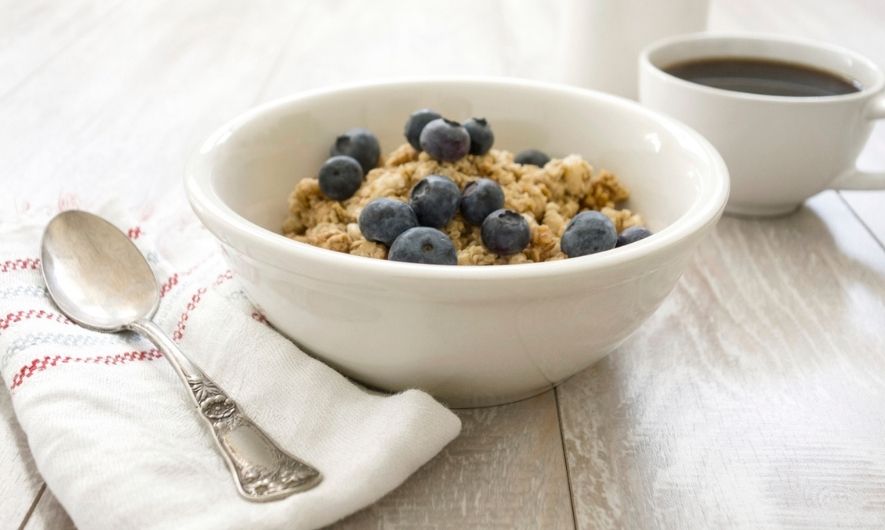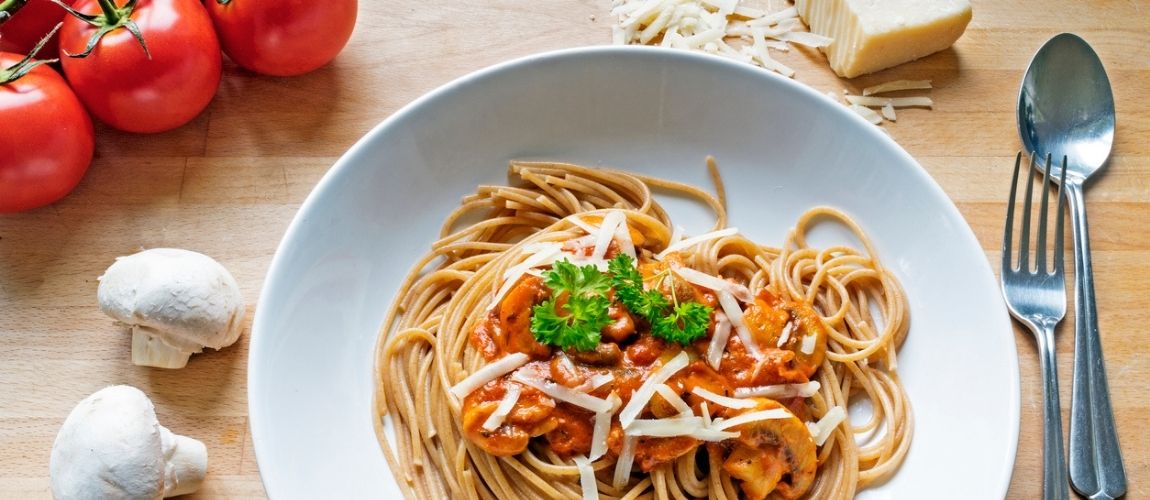You may already know that grains are essential for a healthy diet, but have you ever wondered whether you’re eating the right ones? Whole grains are the complete package when it comes to healthy eating for seniors, so let’s look at how you can incorporate grains into your daily diet.
What Are Whole Grains?
Whole grains contain three parts: the bran, the germ and the endosperm. The bran and germ help keep your body healthy, your skin glowing and your hair shiny; all important elements for good senior nutrition. The endosperm contains carbs and proteins. Eating refined or highly processed food only provides your body with the benefits of the endosperm, so it’s important to choose natural unprocessed whole grains whenever possible.
Why Eat Whole Grains?
Low energy levels may become common as we get older. Whole grains are a natural energy booster since they contain vital sources of B-vitamins as well as numerous trace minerals like iron, magnesium, copper and zinc. Also, they are rich in nutrients like fiber, which helps to regulate healthy bowel movements and heal the gut. The list doesn’t end there. Additional benefits of whole grains for seniors can also include:
- Reducing the risk of heart disease and type 2 diabetes.
- Lowering cholesterol.
- Preventing certain cancers.
- Reducing inflammation.
- Helping with weight management.
Related: How Your Dietary Habits Can Prevent Gout
How Do You Know If It’s Whole-Grain?
The easiest way to know if a product contains whole grains is to check the nutritional panel on the packaging. Foods that are whole-grain will show higher nutritional content in vitamins, minerals and fiber than refined grains. Whole-grain foods also are much denser in texture and have a shorter shelf life than processed grains. Common whole-grain foods include:
- Wheat
- Corn
- Brown Rice
- Barley
- Quinoa
Watch out for common phrases like multigrain, 100% wheat, cracked wheat, organic, pumpernickel, bran and stone-ground. While these terms sound healthy, they don’t indicate the product is actually whole-grain.
Color is not always a reliable way to determine whether a product is whole-grain. Molasses or other ingredients are often added to food to give it that nice brown color. Seniors should search for foods that are high in fiber and low in sugar to increase the chances of purchasing true whole-grain products.
How Do You Incorporate Whole Grains Into Your Diet?
For those 55 or older, aim to make at least half of your daily grains whole grains by switching out highly processed foods with whole-grain variations. Examples of this include:
- Swap out white bread and pasta with whole-wheat bread or brown-rice pasta.
- Start your day with whole-grain cereals, oatmeal or even buckwheat pancakes instead of highly processed, sugary meals to fuel your body with the energy it needs for the day.
- If you like snacking throughout the day, rye crackers or rice cakes are a great source of whole grains. Popcorn (yes, popcorn!) is also a yummy whole-grain snack.
- Try substituting barley, quinoa or brown rice for noodles in any vegetable soup for a healthy twist.
Also, you can combine whole-grain foods with refined grains you’re used to until your palate has adjusted to the whole grains.
Related: How Nutrition Can Improve Your Bone Health
Start Eating Whole Grains At StoryPoint
Here at StoryPoint, we understand healthy eating for seniors. We believe in creating healthy, delicious meals for breakfast, lunch and dinner. Begin experiencing the benefits of whole grains by scheduling a lunch or dinner tour at one of our StoryPoint Group communities.
In the meantime, try out one of our recipes at home. Our StoryPoint Director of Nutrition specializes in senior nutrition and works with our culinary teams to help them create meals that cater to a variety of dietary needs.
“Research has shown us that the B vitamins and antioxidants found in whole grains can prevent or reduce the risk of developing dementia and loss of brain function as you age. Simply choosing to eat whole-grain foods like oatmeal, quinoa, brown rice, whole-wheat pasta and 100% whole-wheat bread can have a big impact on protecting our brain health. “
– Krista Zvoch, Director of Nutrition

Recipe: Loaded Steel – Cut Oatmeal
- 1 cup steel cut oats
- 3 cups boiling water
- ½ cup whole milk
- 1 tablespoon brown sugar
- ¼ teaspoon cinnamon
- 2 tablespoons walnuts or almonds
- ¼ cup blueberries (or any berry that you like!)
Join Our Community
StoryPoint offers more than just healthy and delicious meals. We are here for you in any way you need during your senior living journey. To learn more about a StoryPoint community near you, contact us today.











